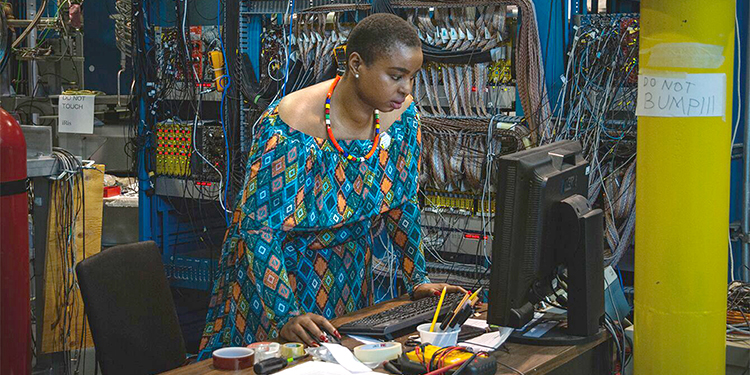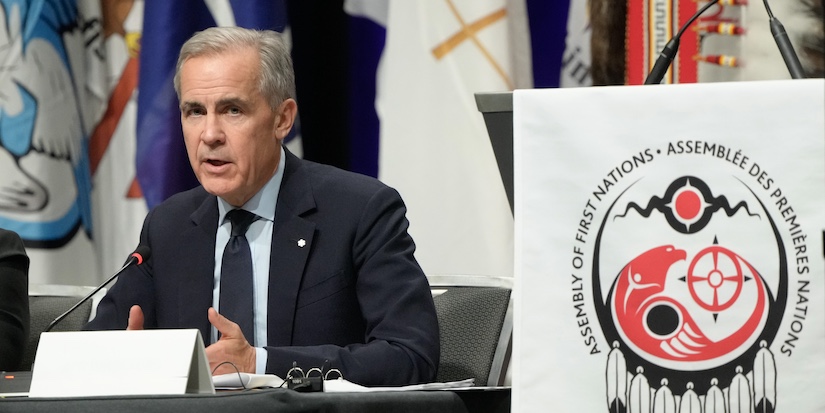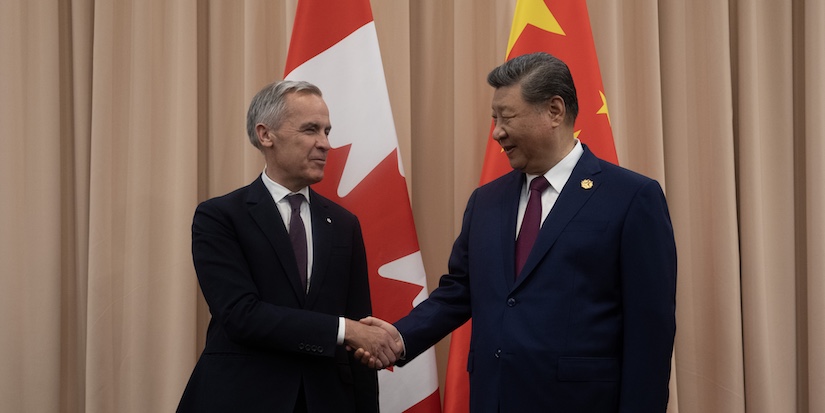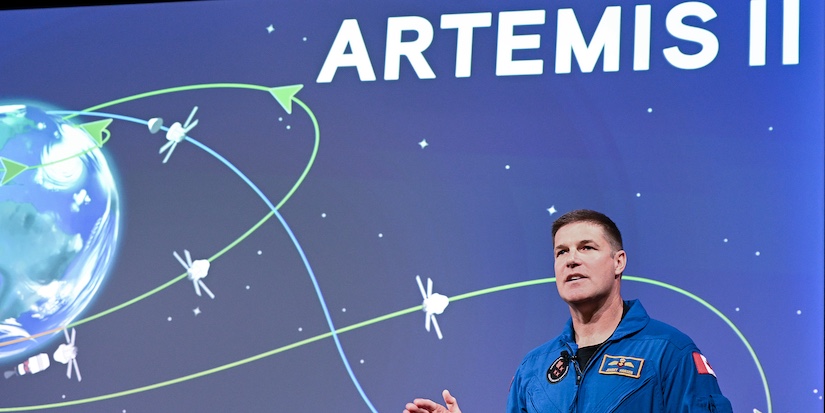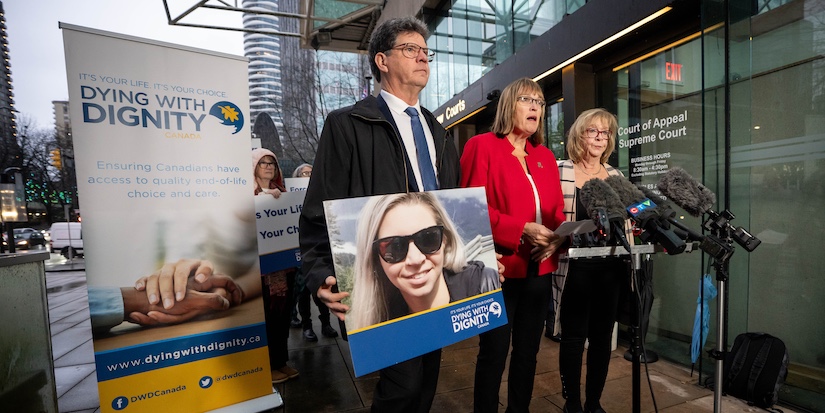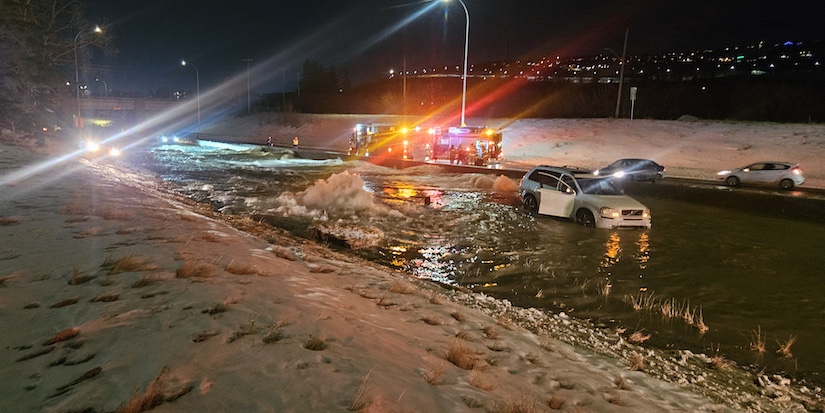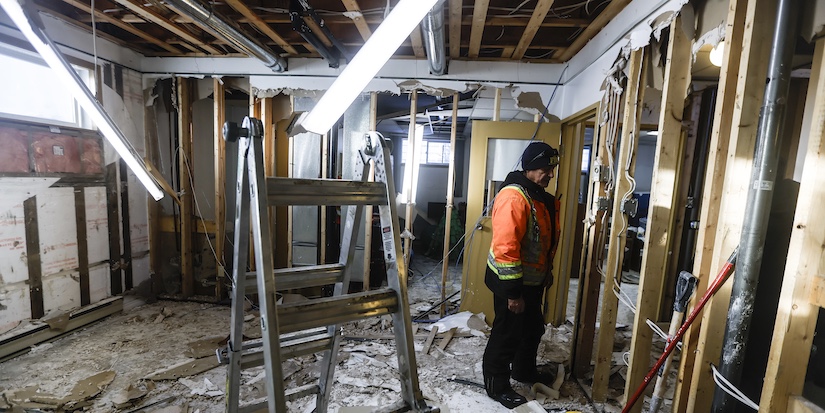Latest News
TRIUMF after loss
Published 11:38 PDT, Thu August 2, 2018
Using the TRIUMF cyclotron, Canada’s largest
particle accelerator, to gain research data for her PhD, Masango’s journey has
been anything but straightforward.
Born in apartheid South Africa, one of her
father’s 11 children with his three wives, Masango lived in Nongoma in
KwaZulu-Natal.
“Where I am from, we are surrounded with
poverty. We are still struggling with the basics—water and food,” she says.
Most people in her home town survive on a
government grant of $40 per month where a living wage for food security is $200
to $300 per month.
Masango grew up in a community that is still
without reliable electricity or quality education, where outhouses are the
norm. But, her mothers and her father treasured education.
So much so that, as apartheid was ending, her
58-year old father quit his teaching job to go away to university.
“So you can see how he valued education. I
was doing Grade 1 at that time so, when I was growing up, my father was not
around.” Her father got a PhD in education.
“My inspiration was him, definitely,” she
says.
“My father introduced me to astronomy in
Grade 8. I fell in love with science.”
Masango says she thought: “Wow. There are
actually people who go to space and study the moon and I was sooo interested. I
wanted to become the first African woman to travel to space.”
The closest affordable post secondary
institution did not offer astronomy so Masango started physics there, planning
to go on to her chosen field after her first degree. But things did not go as
planned.
“I was 16 when I was doing my first year. To
me the city meant freedom,” she says.
Her father had been very strict, not even
allowing sleepovers with her friends in high school.
“I was irresponsible. I ended up making a lot
of mistakes. I failed some of my courses. I ended up pregnant.”
Instead of picking up her bachelor’s degree,
Masango was having a baby. She took a year off.
“Then I decided to finish what I started.”
She was 21.
“The following year, I went back to
university. I knew what I wanted. I said, ‘You have made a mistake. You have to
put yourself forward.’”
Unplanned pregnancies are not unusual in her
country.
“In South Africa you can find a 12 year old
getting pregnant. In the community where I’m from, they even drop school, in
primary level.”
As a single parent, with her daughter
Sindisiwe, Masango got her bachelor’s degree and went to the big city, Cape
Town, to do her masters. She went on to start her PhD. But she does so with a
heavy heart and a new determination.
A little over two years ago, her daughter was
killed in an car crash.
“She wanted to be a doctor. I am doing this
for her,” says Masango, “She would have been 10 this year.”
Masango spent part of the summer in Metro
Vancouver at TRIUMF, working with a collaborative team on an experiment, hoping
to get data for her PhD thesis back in Cape Town in Western Cape Province.
Canada has a special place in Masango’s
heart. She met a Canadian physicist named Nikita.
“She taught me a lot of about life, to love
yourself. I think if you are okay socially, you can be ok at school.” The
lesson was the importance of a mentor to guide a new person on their path.
Advice on things as little as how to get a student card to the bigger questions
like choosing a thesis supervisor smooths the path.
For that reason, Masango has created a
foundation called WISE Africa, Women in Science and Engineering in Africa.
“Throughout university I wish I had a mentor.
I didn’t have one. That is why I made mistakes.”
A good mentor helps women in science deal
with the loneliness and the self-doubts, “In some classes I would be the only
one. So I think women must be encouraged to take science.”
Some of the problems are those women in
Science, Engineering and Technology encounter around the world, while there are
added obstacles in Africa.
“In South Africa, we are struggling with
basic needs like water, electricity, and food. In addition there is a lot of
inequality in our society.”
Masango uses the example of a house to say
there needs to be bedrock changes, “if you have a crack in your wall, the
problem is not in the wall. It is the foundation of wall.”
Masango works to change the very basic sexist
attitudes, “So with my foundation, we are trying to grow the roots and
everything will flow nicely.”
Speaking to the Society for Canadian Women in
Science and Technology, SCWIST, Masango says, “I would love to partner with
international organization.”
She cannot look to the South African
authorities for help because, in a country working to rebuild after destructive
apartheid policies, “Most communities are struggling with basic needs so the
government is focussing on those.”
Even as a grad student, Masango is tapped to
become someone to watch, “I was honoured to becomes one of BRICS energy summit
delegates. I will be talking about energy.”
BRICS is a large international organization
of emerging economies. Member countries represent 27 percent of the world’s
landmass, over five continents.
There have been many times Masango has had to
pick her self up and start again, from the failures in school to the death of
her daughter. She says, “I’m inspired by my father. He embraced education. My
father was not coming from a good family background but he made it in life. He
broke all the barriers. From nothing, he made a name for himself.”
As she both reflects on how far she has come
and what she wants for the women of South Africa, Masango says, “I want to
break all barriers. I’m not doing it for this generation. I’m doing it for the
next generation.”
